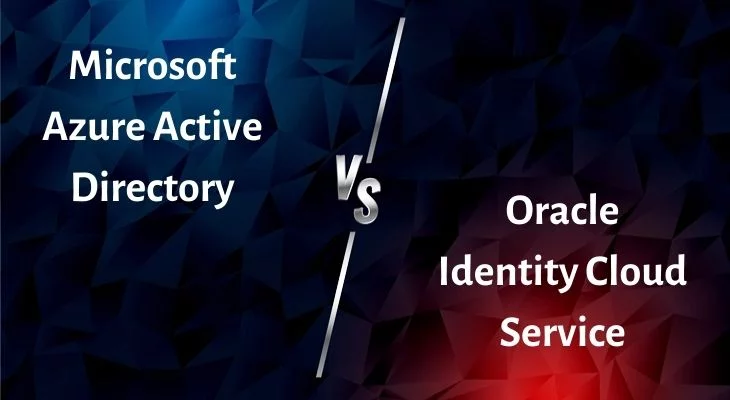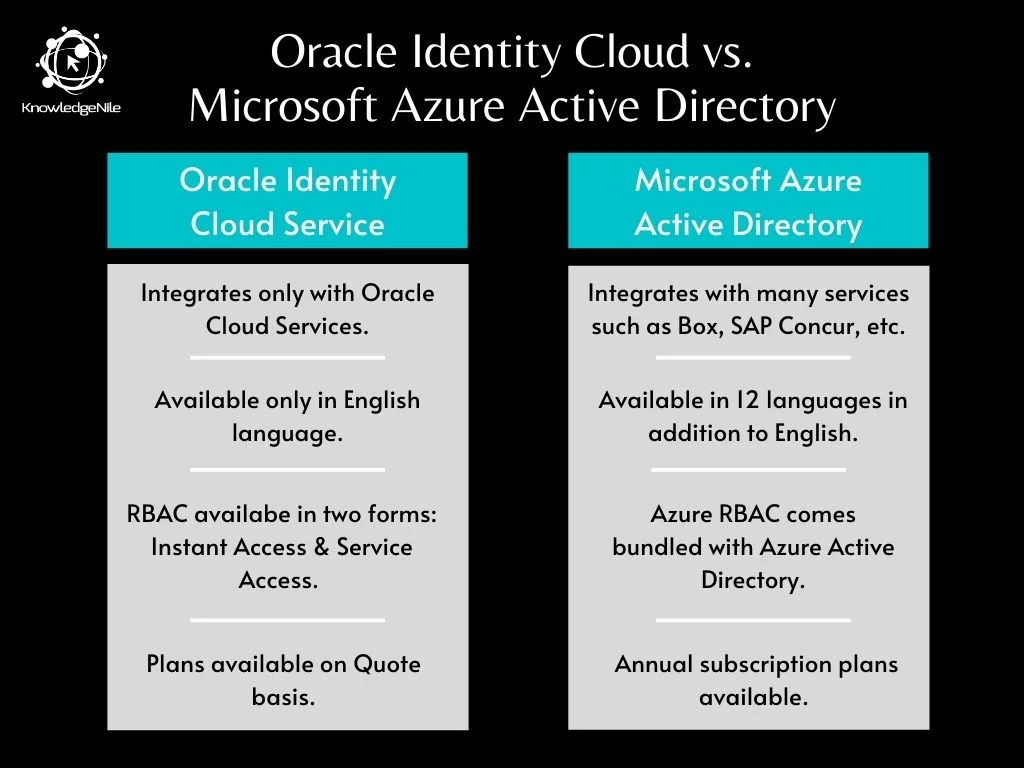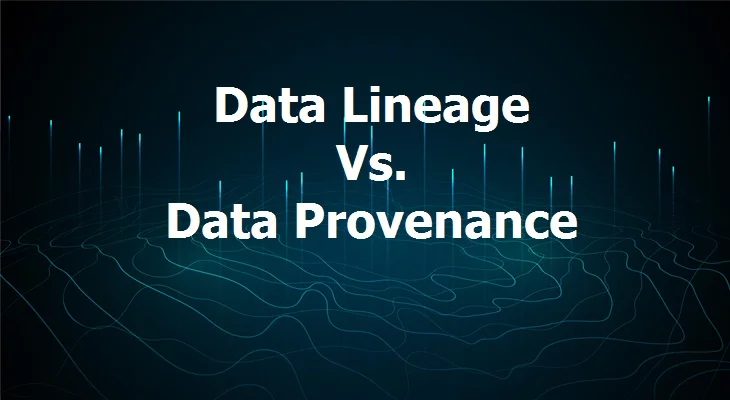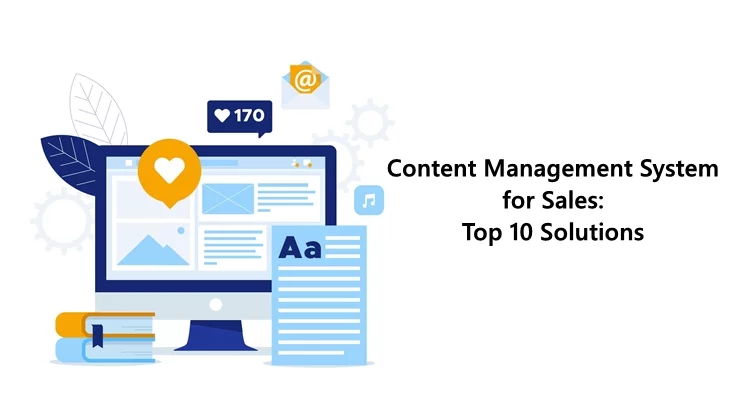We are living in the new normal where most things have turned remote. People are working remotely, business and enterprise operations are being conducted off-premise, and so on.
The use of Cloud and Cloud-based applications has witnessed a surge. With this added convenience, there are also new challenges to tackle.
A major challenge for enterprises is access and identity management of people. In order to protect enterprise documents and information, enterprises must ensure that only the right people are accessing the data of the servers. Hence the need for Identity and Access Management tools.
There are two solutions which are industry leaders and widely opted for. We shall be comparing them – Oracle Identity Cloud Service and Microsoft Azure Active Directory.
Oracle Identity Cloud Service is an identity and access management tool from Oracle for the Cloud as well as for on-premise IT infrastructure. It is functional cross-platform and domain and can provide access to users on Cloud and mobile applications.
Oracle delivers key business values to their customers, such as improved business responsiveness, hybrid multi-channel access, reduced cost, and improved user experience and productivity.
Oracle Identity Cloud Service offers a wide array of features, which include single sign-on, zero trust policy, adaptive access control, and it is available in a SaaS model.
Microsoft Azure Active Directory is an identity and access management tool. It helps enterprises allow employees to access the enterprise files on the Azure Cloud and other third-party clouds. Azure Active Directory is compatible with thousands of other SaaS applications.
Moreover, Azure Active Directory supports various other enterprise applications. These applications can be hosted on the company intranet. Azure Active Directory helps enterprises be in complete control of all intellectual property and important information. It allows the enterprises to manage who has access to the data.
Some features offered by Microsoft Azure Active Directory include application management, multi-factor authentication, conditional access, device management, identity governance, and identity protection, among others.
Both the tools have advantages over the other. Let us have a look at them in detail as to how the two compare when pitched against each other:
With Oracle Identity Cloud Service, enterprises can grant access to people based on their roles within the organizations. This way, enterprises can control proper access management and ensure that no one can access the files not relevant to them. Within Oracle Identity Cloud Service’s tool, there are some pre-defined roles. They are:
- Service Access Roles
- Instant Access Roles
As the name suggests, the service access role is the role granted to the user for the particular service. However, the instant access role is the access provided to the user only for that particular instant of service.
The access can be either one-time access or on-demand access that can be provided based on the enterprise’s discretion. This is handy for certain roles where some files are needed to be accessed a particular role for a limited period. It can also be used to provide access temporarily to a third-party for certain services availed.
Azure also offers role-based access control. They have RBAC as a different service under Azure, but they provide Azure RBAC bundled with Azure Active Directory for their existing customers.
Oracle Identity Cloud Service integrates with only Oracle Cloud-services. This ensures that the customer uses only Oracle-based applications, allowing Oracle to push other Oracle offerings to their current customer. This is to keep the cost of new customer acquisition low.
On the flip side, Microsoft Azure Active Directory comes with several pre-integrated software-as-a-solution (SaaS) applications. The pre-integrated applications include workday, Salesforce, Box, Canvas, and SAP Concur, among many others. Depending on your requirement, you can easily add more applications from the Azure Marketplace. Moreover, Azure AD also integrates with many custom enterprise applications.
Also Read: What are the Best Identity and Access Management Tools?
Microsoft Azure AD is available in 13 major languages. Azure AD has many global customers as enterprises that are already using Azure Cloud are more likely to opt for Azure AD as their identity and access management tool. With this in mind, Microsoft has provided Azure AD in multiple languages to serve major markets. On the other hand, Oracle Identity Cloud Service is available only in English and is only targeting major English-speaking markets in the Americas, Europe, and APAC. For many enterprises who prefer using applications available in their native language, this is a deterrent, and Oracle needs to launch multiple language support to serve these markets and boost their customer base.
Azure AD and Oracle Identity Cloud Service both offer the standard features that enterprises need for their identity and access management application. Oracle, though, offers a whole suite of extra features along with some of the additional features include access catalogue, bulk identity loading, session management lifecycle, approval workflows, adaptive access, fraud detection and fraud investigation, mobile security, OpenID connect, intelligent access management, and many more.
In terms of providing issue resolution and support to the customer, Microsoft Azure Active Directory is one step ahead of Oracle Identity Cloud. Microsoft Azure Active Directory provides the users with the facility to raise tickets in case of issues. Azure Active Directory also provides users with the facility of Live Support. Support facilities such as email, training, and phone are available with both the services. However, Live Support and Tickets are two facilities that are unavailable with Oracle Identity Cloud.
Microsoft Azure Active Directory offers the users with an option of freemium subscription. They also have three other subscription plans based on the level of features enterprises want to opt for. Oracle Identity Cloud provides the users with quote based-plans. They have a monthly pricing model instead of an annual subscription model. The users are charged based on their activity on Oracle Identity Cloud Services on a monthly basis. These activities can include basic reporting, password management, and user management, among other facilities that users can access.
Conclusion
Microsoft Azure Active Directory and Oracle Identity Cloud Service are both robust solutions. Enterprises opting for either of them cannot go wrong with their choice. It is a matter of some features which divide the two. Enterprises need to weigh both the offerings, check which one suits them better and opt for a tool accordingly.
You May Also Like to Read:
14 Best Cloud Infrastructure Automation Tools






